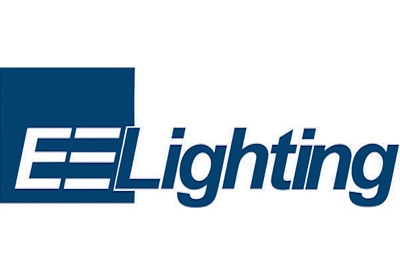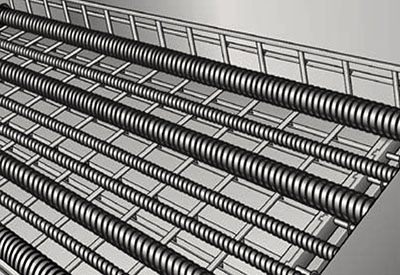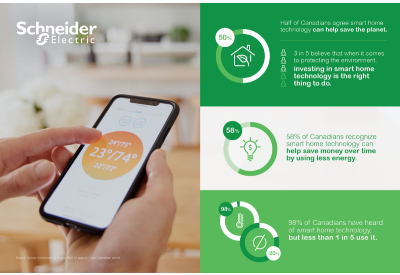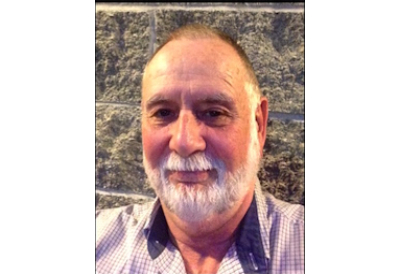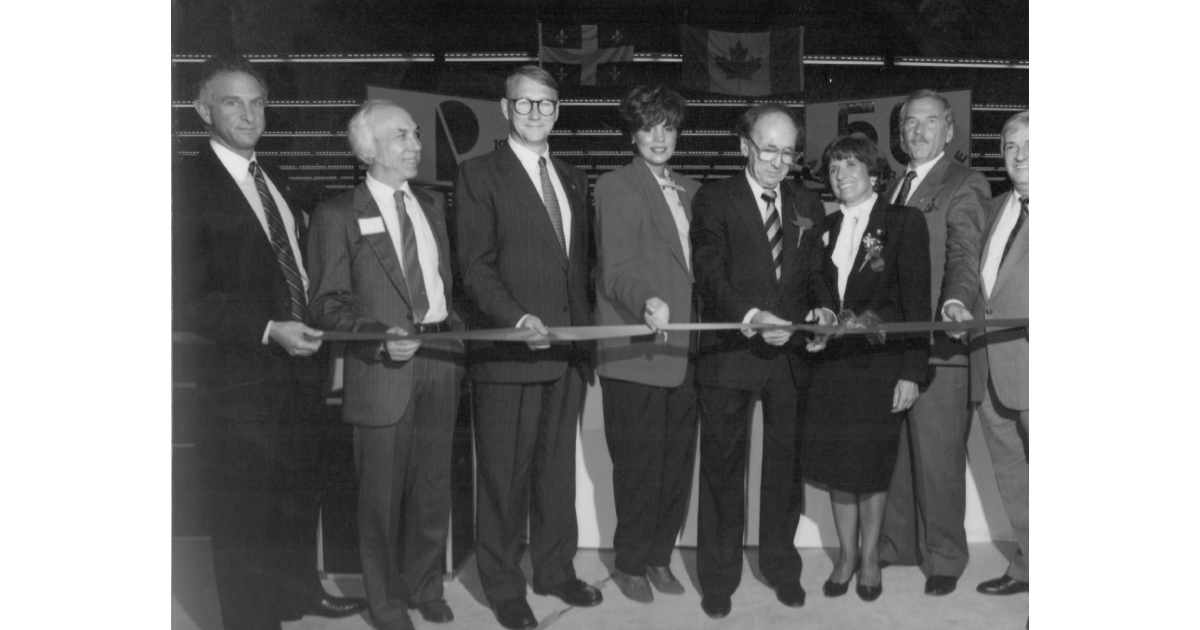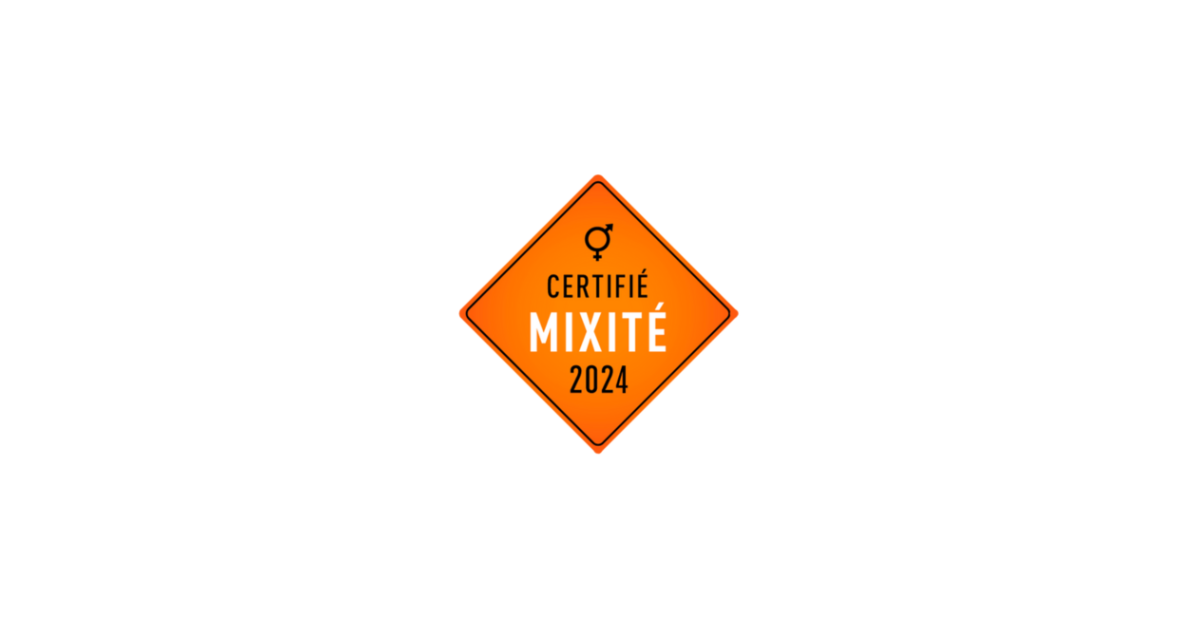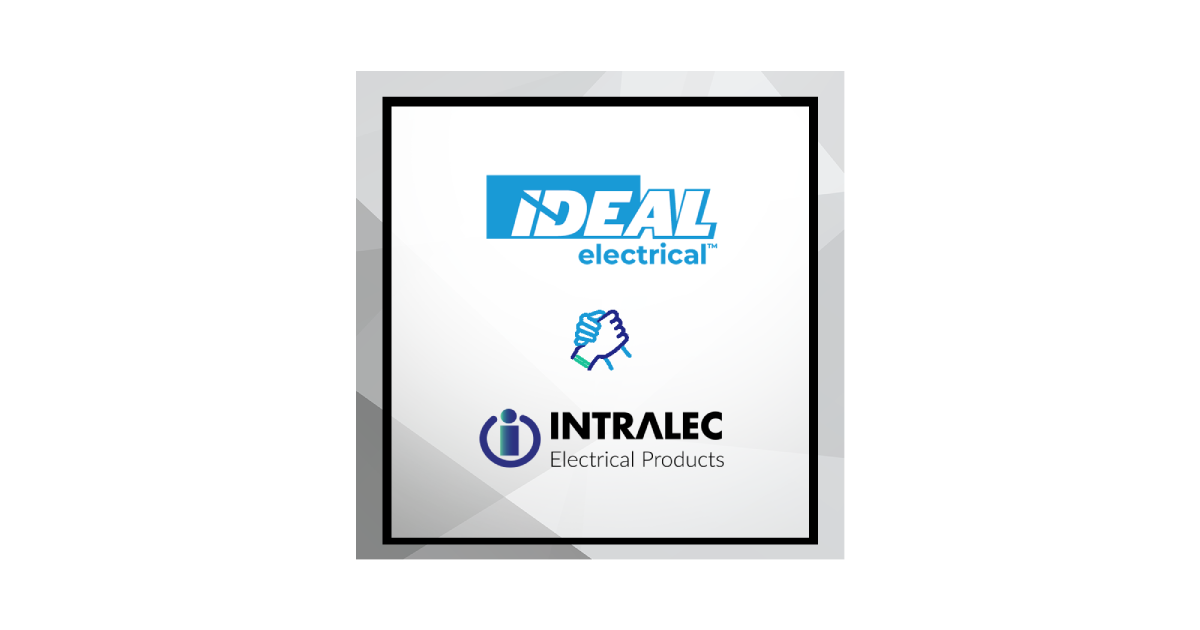Power.House Markham Pilot Project Provides Proof of Concept for Integration of Solar, EV Charging, and Battery Storage with Smart Controls
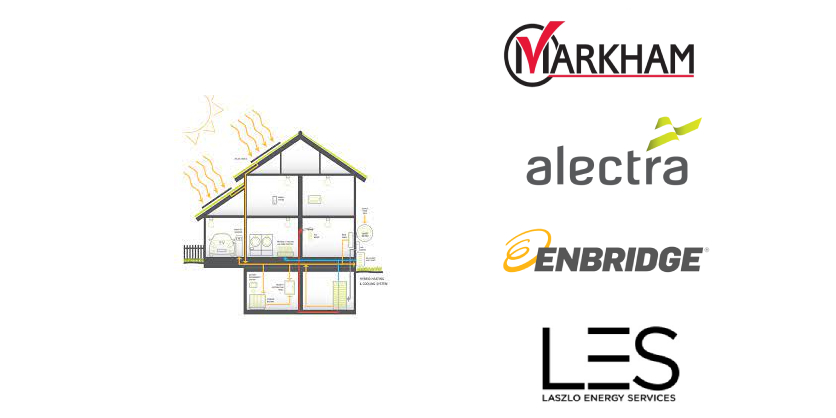
June 13, 2023
By Blake Marchand
The city of Markham, in collaboration with Alectra, Enbridge, Government of Canada, Lazlo Energy Services and Toronto Metropolitan University, recently completed a ten-home pilot project to test new technologies and strategies to reduce green house gas emissions. The pilot project was presented as part of EDA’s annual EDIST event put on at the end of May. The three-day event puts a major emphasis on education and sharing best practices.
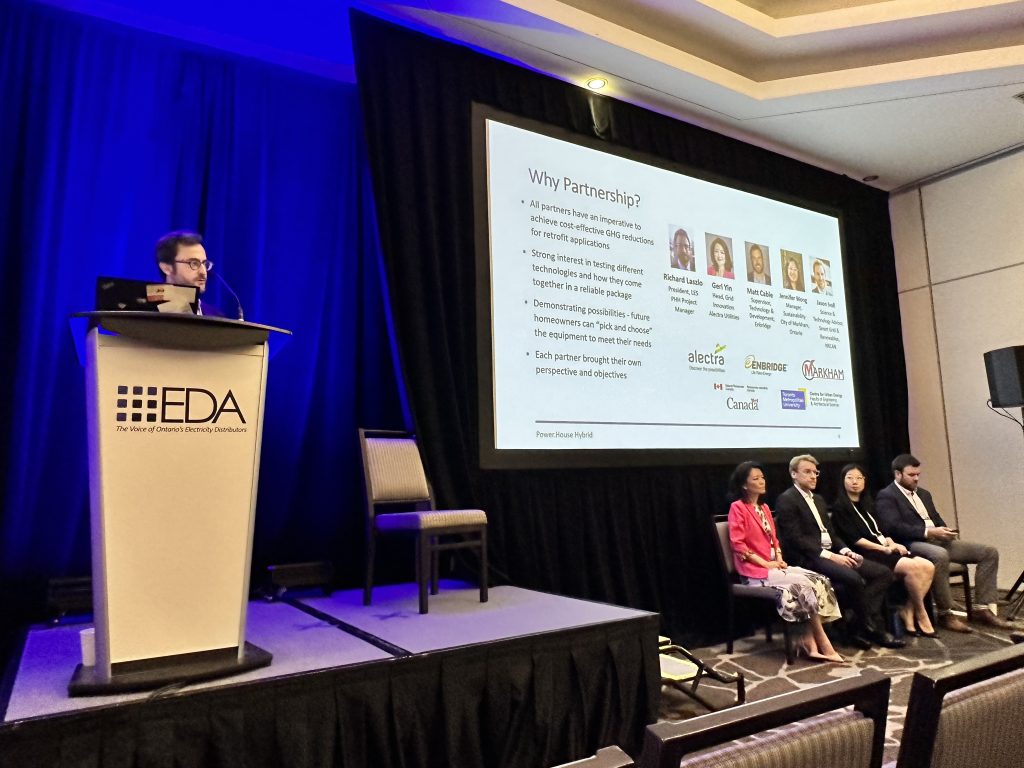
The partnerships were key to the project, which is a first-of-its kind in Canada to demonstrate end-to-end household GHG reduction solution with integrated controls – it couldn’t have been done without collaboration.
Each home integrates solar, battery storage, EV charging, and a hybrid gas/air force heat pump, with smart controls.
Solar PV: 3.3kw
Battery Storage: 6kw/11.6kw
EV Charger: Level 2
Air Source Heat Pump: 34 BTU w/ air handler
Tankless Boiler: 95% AFUE
MicroCHP: 1.5kw (four out of ten homes)
The controls maximize solar for load displacement and battery storage, the heat pump is used when GHG are low on the grid and natural gas when GHG is high on the grid.
The controls allow them to calculate power, thermal, and GHGs for all equipment to determine the cost effectiveness of GHG reduction, as well as estimate homeowner bill impacts and benefits of demand management on the grid. They can monitor related flows, temperatures of water, gas, and air, as well as power, thermal energy usage, and generation for the equipment.
The result was 40% reduction of GHG per home.
The retrofit segment with a suite of technologies is challenging. They wanted to show how controls could reduce GHG, integrating solar, EV charging, and battery storage, while controlling water heating and space heating, with a hybrid heating approach. Advanced control logic was the most difficult aspect, integration across five vendors presented a major challenge.
Home heating really needs to be considered being a cold climate country. 80% of demand in the home comes down to heating. This is part of the reason they went with a hybrid heating option that also utilizes gas. Due to cost and demand, full electrification of homes all at once is not exactly feasible on a large scale.
Markham has a goal of Net-Zero by 2050, so this project was putting their plan into action with real homeowners. 40% of Marham’s emissions come from the residential sector. Homeowners don’t have much insight into the technologies, given the complexity, so it was key for Markham to demonstrate the technology with real world results.
From Alectra’s perspective, they are focused on the thermal energy piece, and demonstrating the home of the future. As well as learning what this means for the grid.
Enbridge’s work has to do with hybrid heating systems, and thermal energy systems. This project gave them the opportunity to test the concept with smart controls and further develop the technology.
With the hybrid system, heating source is chosen based on what the grid GHG look like at the time. The heat pump (electric) is used when GHG are low on the grid and gas when demand is high.
They were able to hit 40% reduction in GHG per home, the size of home and resident behaviours factor into the efficiency.
Markham Power.House challenges and learnings
Reverse power flow was a regulatory challenge. With the project being cutting-edge, there was some groundwork to be laid on the regulatory side of things.
Similarly, working with the homeowners provided a lesson in terms of communication, with it being an innovative project and there would be some challenges to the implementation.
There was a reverberation effect, some neighbours put in solar and heat pumps, seeing what was happening with the pilot project.
They found that having dedicated contractors for the project to implement complex controls was a key factor. When working on innovative projects, flexibility is also key for the participants and contractors.
Moving forward post-pilot
The Markham project provided an example of what can be achieved through a suite of products and solutions. It provided insight into challenges and barriers on potential scale-up. Going from 10 homes to a broader customer application. The city is aiming to learn from the ten customers.
Being able to explore cost effectiveness, they needed to test the application. They don’t expect people to adopt all the technologies, but there are different suites and combinations that can be implemented. It’s a use case for what smart technologies are currently available and realistic.
Alectra is seeing an increasing interest in distributed resources – people are coming to the utilities looking for help to implement these types of new technologies… but at the same time, customers don’t want rates to increase.
Enbridge heard from a lot of manufacturers – controls and HVAC, that saw the project was happening with a hybrid and DER approach – about the products and solutions they are developing in the hybrid and controls space to help in the energy transition process.
Questions
Technology agnostic application? Is there interoperability? Can you swap out various products from different vendors?
At the start of the project, the answer was no to interoperability. Manufacturers wanted everything to work with their controller/system. But they didn’t have the whole functionality required for the project.
90% of the technology/equipment is interoperable.
Impact assessment is required. Anything over 10kw requires an impact assessment.
No change to insurance.
How are you getting GHG signal from ISO?
Complicated behind the scenes but seamless for customers/end-user, “so everyone can do this.”
What happens when it comes back on after an outage?
Going all electric, you need a large battery if you’re doing all space and water heating with electric. With a 10kw battery, you can’t support an all-electric home for more than 5hours.
Cost per home?
Expectation is that not all homes will adopt all the technology.
$50,000-100,000 per home depending on what the home adopts, but hard to estimate.
There’s no system that will be more cost effective than a furnace. What will push things forward is regulation and standards.
Bill impact for customers?
Hybrid system will be cheaper. You can operate in cost savings mode where you can use the most cost-effective fuel. Environment mode will use the most GHG friendly fuel source at any given time.
There are also programs to offer energy to grid to help offset some of the additional costs.



